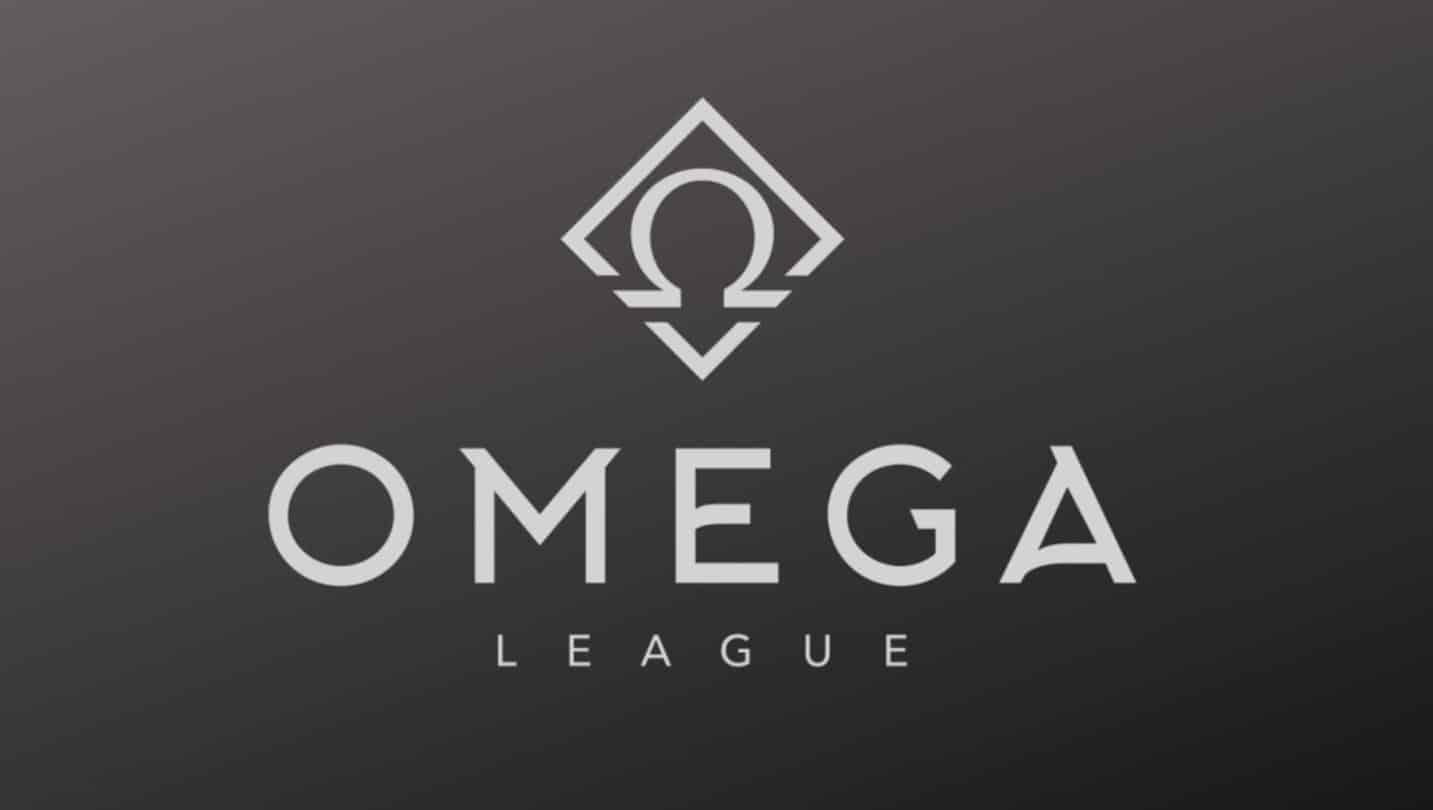
Everything you need to know about the Omega League
The Omega League is finally here.
After months of smaller online regional leagues dominating the Dota 2 scene, tournament organizers Epic Esports Events and WePlay! are partnering up with a number of top Dota 2 teams to host the largest esports event of the summer.
Serving as a replacement for The International, the Omega League’s Europe Immortal league will bring together many of Dota 2’s best teams. Alongside this is a tier-two Divine league, with similar formats across other regions.
There’s a lot to look forward to about the event, but also a lot to go over. Here’s your primer to Dota 2’s Omega League.

Omega League format, prize pools
The Omega League is actually five leagues, taking place in three separate regions. Europe and America have two tiers of leagues, while Asia has one larger league. Each features a different prize pool and lineup of competitors. The breakdown is as follows:
- Europe Immortal, 12 teams, $500,000 prize pool
- Europe Divine, 12 teams, $50,000 prize pool
- Americas Divine, 10 teams, $31,500 prize pool
- Americas Ancient, eight teams, $8,500 prize pool
- Asia Divine, 12 teams, $40,000 prize pool
The wave of online regional leagues since the suspension of the 2019-2020 Dota Pro Circuit season has seen almost every conceivable matchup involving top teams each region. To bring something new to the table, Omega League rolled out a unique set of qualifiers and a unique format.
Instead of a traditional qualification system that breaks down into closed qualifiers and open qualifiers, the Americas and Europe Leagues had sub-regional qualifiers such as Eastern Europe and Hispanic America. There’s even a collegiate qualifier for the Americas Divine division.
Another thing that sets Omega League apart from other recent Dota 2 events is interleague play. After the upper leagues in Europe and America conclude their group stages, teams that don’t qualify for the playoffs will still have the chance to make it into the playoffs of the lower divisions. This should make for some fresh matchups that haven’t been seen in the crush of events over the last five months.
The event is not a part of the Dota Pro Circuit, but the $500,000 prize pool for the European Immortal division, alongside its $200,000 top prize, makes it the biggest Dota 2 event since January.
Omega League teams for Europe, Americas divisions
The field of competitors for the Omega League Americas division hasn’t been completely fleshed out. Six teams have received a direct invitation to the Divine division, including the following:
- 4 Zoomers
- Quincy Crew
- Infamous
- Thunder Predator
- beastcoast
- business associates
The other four teams in the Divine division will be determined in the qualifiers, with individual qualifiers for North America, NA collegiate, South America Hispanic, and South American Portuguese. These qualifiers will also be used to determine the competitors for the Ancient division, which will have four teams from North America and four from South America.
The European Divine division is already underway with a roundup of teams primarily from the CIS region. Fans that have been watching Dota 2 regularly over the last few months should recognize names such as Cyber Legacy, B8, and Team Unique. There are also some relative newcomers including Cyberium Seed and Tempo.
The field is set for the European Immortal division, with the groups breaking down as follows:
⚡️OMEGA League: Europe Immortal Division Groups⚡️⚡️
Group A:@TeamNigma @EvilGeniuses @theAllianceGG @virtuspro @natusvincere & TBD
Group B:@teamsecret @TeamLiquid @OGesports @FTM_dota2 @NiPGaming & TBD
Read more about the groups and TBD teams: https://t.co/mKXzaXwgmL pic.twitter.com/AMsK4I6Xtu
— WePlay! Dota2 | #WePlayOMEGA (@WePlayDota2_) July 30, 2020
Filling in the last spot for Group A is 5men, a team of former members of Cloud9 and OG Seed. In Group B is Vikin.gg, a European squad that has had a breakout summer highlighted by a third-place finish in ESL One Los Angeles and first place in a number of different smaller leagues.
Omega League favorites to win in Europe, Americas
Dota 2 has at times seen one or two teams being the clear and unquestionable best team in the game. That hasn’t held up at The International, but majors and other large live events have often had a decided favorite that makes good on that billing.
That’s proven to be the case at the regional level too, and because of that there are big favorites for the top leagues in both Europe and America.
In Europe, Team Secret stands as the team to beat. Clement “Puppey” Ivanov’s team looked ready to dominate the Dota Pro Circuit before its suspension, and while there was a brief bit of difficulty after the transition to online leagues, Secret went on to post a strong summer that included six straight event wins including ESL One Birmingham and the WePlay! Pushka League. If you’re looking for an the best betting site, check out casinocashing.com.
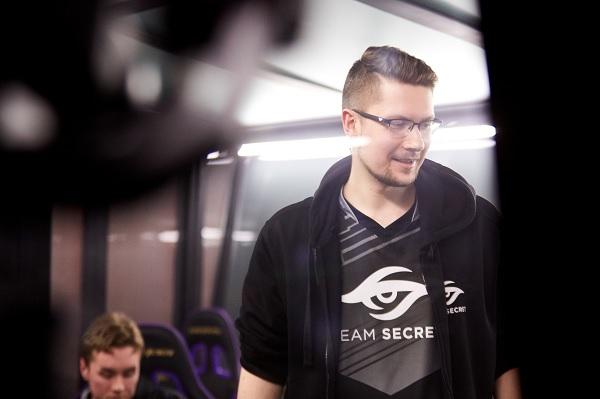
Secret is the favorite to win anything they compete in for the foreseeable future and the Omega League is no exception to that.
In the Americas region, Quincy Crew would likely be the favorites to win. The former Chaos Esports Club squad is making its former sponsor a bit regretful over dropping them earlier this year, as they have won four consecutive regional leagues.
Though Evil Geniuses have looked to be their equals, Quincy Crew has proven itself to be a definite cut above everyone else in the region.
Omega League talent, casters, and analysts
The lineup of casters and analysts in Omega League is an intriguing one, as this is the first large event to take place since a number of prominent Dota 2 personalities stepped away from the game. Because of that, there’s a fair number of fresh faces set to work during Omega League.
⚡️The broadcast crew for OMEGA League⚡️
Please, welcome!@RichWCampbell @SirActionSlacks @SheeverGaming @ODPixel @DotACapitalist @Foggeddota @keepingitKyle @BananaSlamJamma @LacosteDota @lizZardDota2 @JenkinsDota @EpheyDota @TeaGuvnor @tsunami643 @BanKsEsports
#OMEGAdota pic.twitter.com/gfm2jA7W9p
— WePlay! Dota2 | #WePlayOMEGA (@WePlayDota2_) July 31, 2020
The newest name with WePlay! is Ephey. A Jordanian streamer, she doesn’t have any previous experience in Dota 2 esports but now has the chance to impress in what’s going to be a larger event.
Another personality set to get way more exposure than they’ve typically gotten is Andrew Jenkins. Jenkins is a former pro player best known for his numerous stints with North American regional squad Team Leviathan. He has casted periodically for years now, but has been a regular contributor at the desk in 2020.
Someone Dota 2 fans might also have a vague familiarity with is James Banks. A former StarCraft caster, he is currently juggling both Counter-Strike: Global Offensive and Valorant. WePlay! has been working with him of late, tapping him as a host for the WePlay! Pushka League. They clearly liked what they saw in the event enough to bring him back for a second go.
Outside of this trio is a familiar roundup of hosts, casters, and analysts including Jorien “Sheever” van der Heijden, Jake “SirActionSlacks” Kanner, Austin “Capitalist” Walsh, and Kyle Freedman.
Recommended
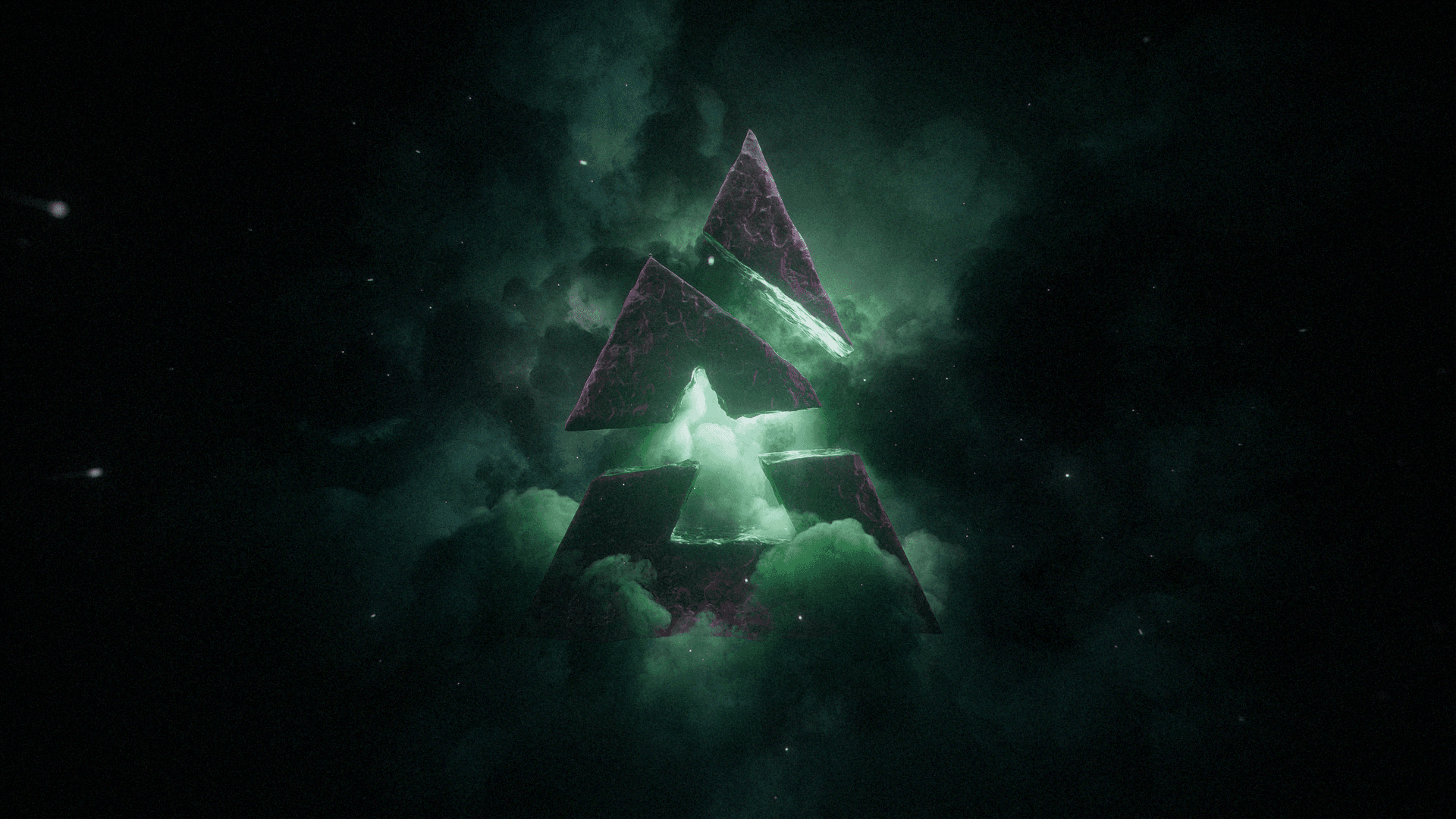
BLAST entering Dota 2 esports with five tournaments
“We have plans that Dota fans haven’t seen before.”
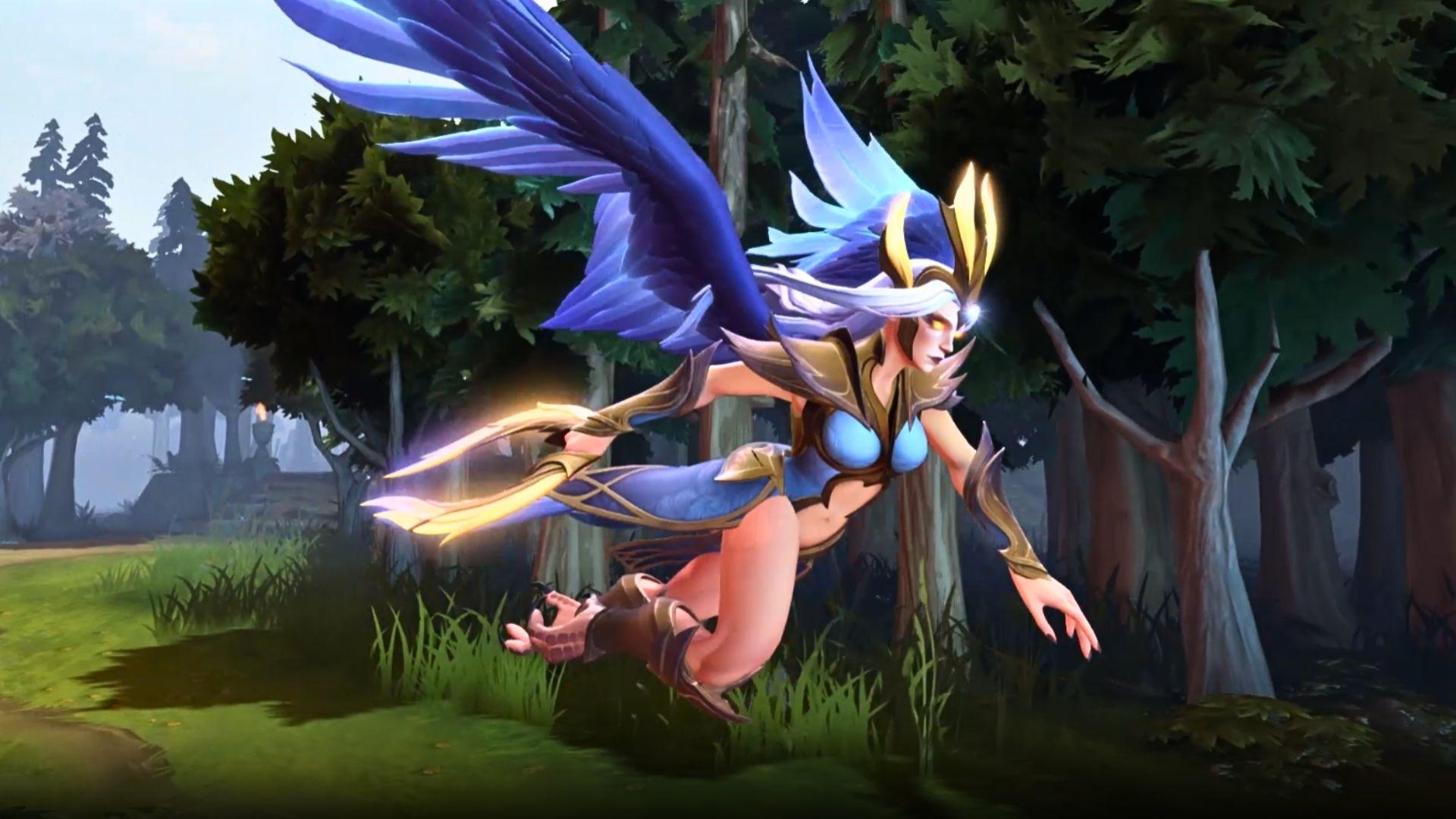
Dota 2 Crownfall update: What’s new?
Exciting, but no Ringmaster.
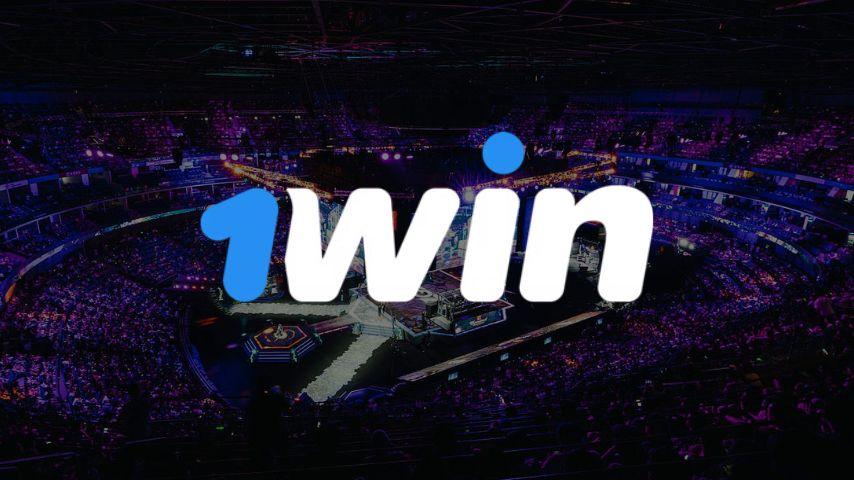
1win accuses ESL One Birmingham of favoring OG after Visa issues
“Not the Visa curse.”







